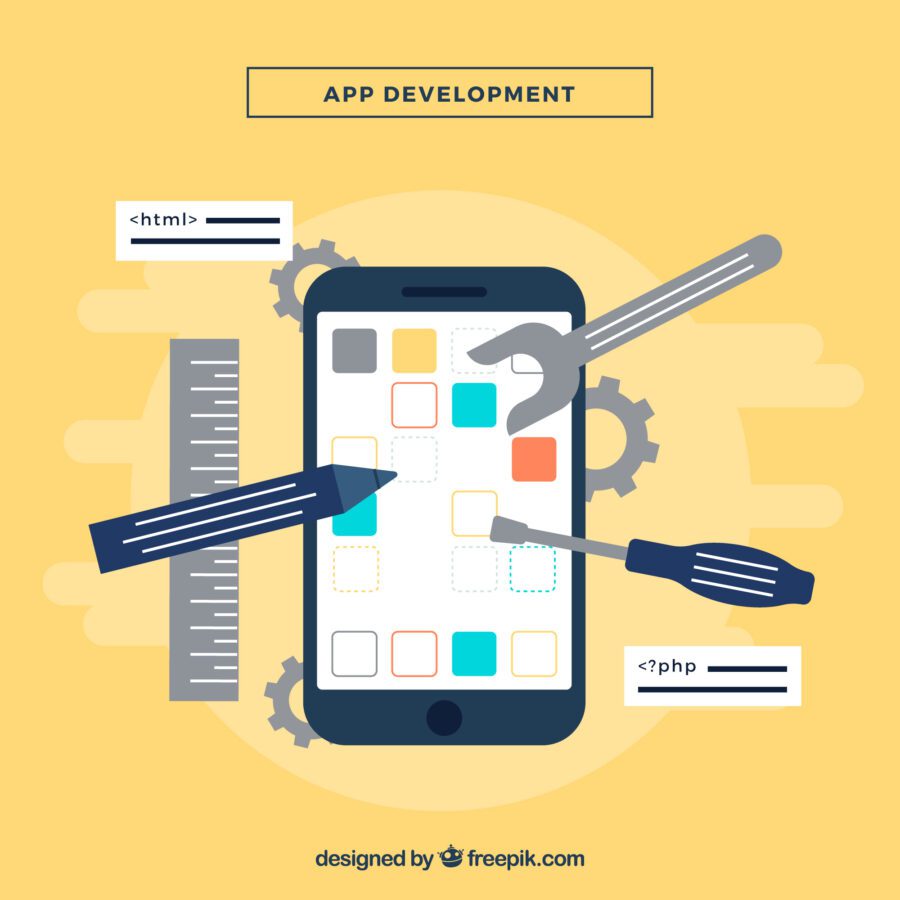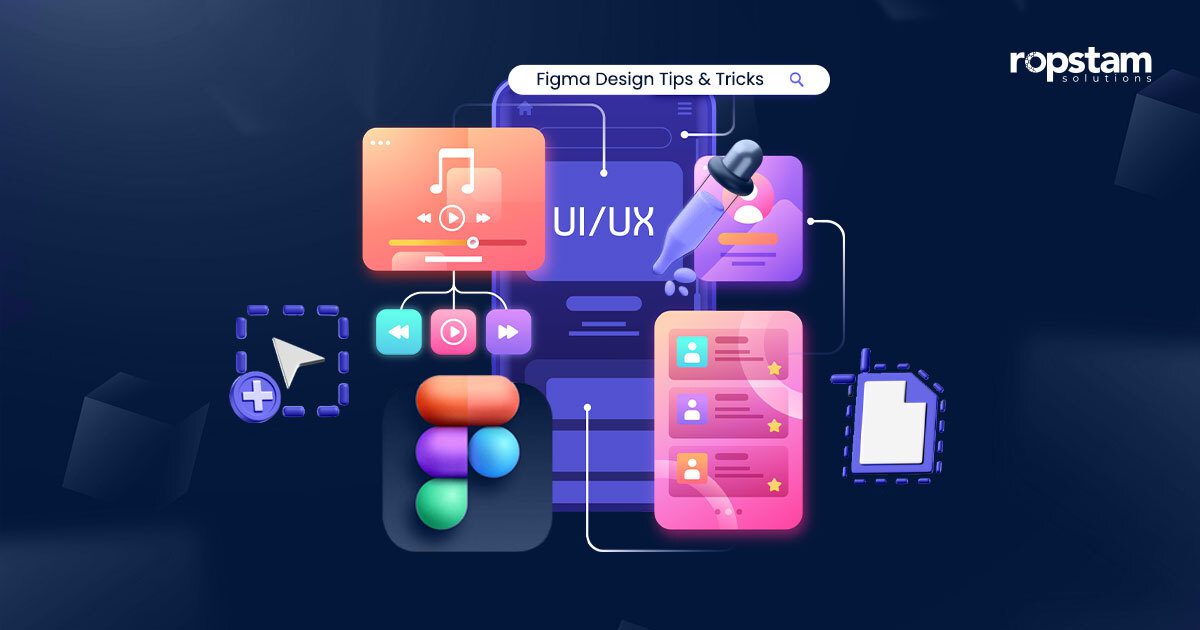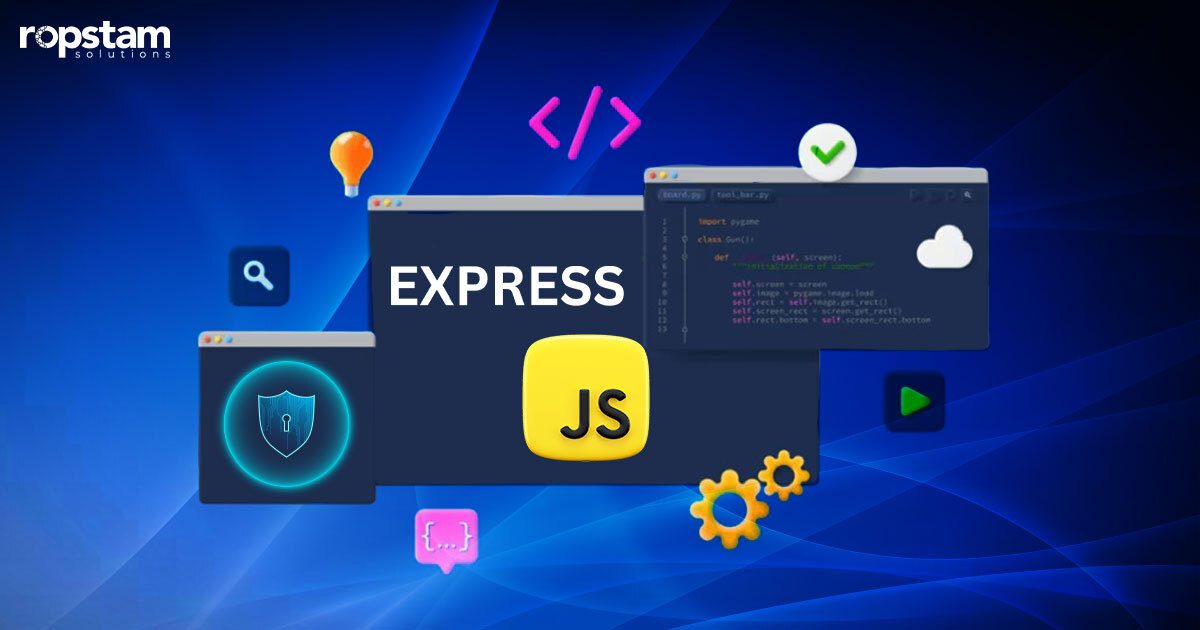Mobile app development has rapidly evolved, presenting various frameworks for creating user-friendly applications. Among the most popular are Ionic and React Native, which offer unique benefits for building cross-platform mobile apps. However, choosing the proper framework can be difficult. This article compares Ionic and React Native to help you determine which option best suits your project requirements.
What is React Native
React Native is a robust open-source framework developed by Facebook now Meta that enables developers to create stunning mobile applications using JavaScript and React. By utilizing native components instead of relying on traditional hybrid methods, React Native delivers an exceptional user experience that feels just like a native app. This framework enhances performance and allows for faster development and a more engaging interface, making it an ideal choice for modern app development.
Strengths of React Native
The following are some of the strengths of React Native
Native-Like Performance
React Native stands out by utilizing native components instead of relying on WebView, which means it can deliver a performance level that closely resembles that of traditional native applications. This approach guarantees smooth animations and a responsive user experience, enabling developers to create apps that feel and function smoothly on mobile devices.
Hot Reloading
One of React Native’s standout features is Hot Reloading, which allows developers to see the effects of their code changes in real-time without recompiling the entire application. This capability significantly accelerates the development process by enabling instant feedback and making the iteration cycle more efficient, thus fostering creativity and innovation.
Extensive Community Support
Backed by Meta’s influential and resource-rich environment, React Native benefits from a large, active developer community. This vibrant community contributes to a wealth of resources—including tutorials, tools, and troubleshooting advice—and guarantees that the framework receives regular updates, improvements, and ongoing support.
Cross-Platform Compatibility
One key advantage of React Native is its ability to enable developers to write a single codebase that smoothly integrates with iOS and Android platforms. This cross-platform compatibility significantly shortens development time and reduces costs, as teams can maintain one codebase instead of creating and managing two separate applications.
Third-Party Plugins
React Native boasts robust support for many third-party libraries, allowing developers to integrate advanced functionalities into their applications easily. This flexibility enables teams to enhance their apps’ performance and features without building everything from scratch, ultimately enriching the user experience with various tools and capabilities.
Weaknesses of React Native
Learning Curve: While JavaScript is a well-known language, diving into React Native can unlock immense opportunities. However, beginners often encounter challenges in mastering its unique features, making it essential to invest time and effort in understanding this powerful framework for mobile app development.
Performance Bottlenecks: For applications that are resource-intensive, choosing fully native solutions over React Native can significantly enhance performance and user experience. Native development provides optimized execution, ensuring that your app runs smoothly even under heavy loads.
Dependence on Native Developers:The implementation of intricate functionalities frequently necessitates a level of proficiency in native development, which in turn amplifies the dependency on specific project resources and expertise.
What is Ionic
Ionic is an open-source framework that allows developers to create hybrid mobile apps using HTML, CSS, and JavaScript. It relies on a WebView to display web content, enabling apps to work across different platforms with a single codebase.
Pros of Ionic
Ease of use: The pros of Ionic lie in its ease of use and ability to leverage web technologies. This makes Ionic a user-friendly choice, especially for developers with front-end development experience. Its familiarity and simplicity can also ease the learning curve, making it a comfortable option for beginners.
Cross-Platform Development: A single codebase runs smoothly on iOS, Android, and web platforms.
Rich UI Components: Pre-designed UI components help create visually appealing and responsive interfaces.
Cost-Effective: Ionic offers a cost-effective solution for app development by reducing development time and cost by utilizing existing web development skills. This can provide financial reassurance to project managers and decision-makers.
Large Plugin Ecosystem: Integrations with Cordova and Capacitor allow access to native device features.
Cons of Ionic
Performance Limitations: Since Ionic uses WebView, performance may not match that of native or React Native apps for complex applications.
Dependent on Plugins: Heavy reliance on third-party plugins can introduce compatibility issues.
Limited Native Features: Accessing advanced native functionalities can be cumbersome compared to React Native.
React Native vs. Ionic: Factor-Wise Comparison
1. Learning Curve
React Native: Advanced features require knowledge of React and some understanding of native modules. The learning curve is steeper for beginners.
Ionic: Due to its reliance on standard web technologies, it is relatively more straightforward, making it a user-friendly choice, especially for beginners.
2. User Interface
React Native: Offers native components for a highly responsive UI that feels like a native app.
Ionic: Relies on WebView, which may not provide the same fluidity as native UI components.
3. Popularity
React Native: Backed by Facebook and used by giants like Instagram and Airbnb, it enjoys immense popularity.
Ionic: While popular, it is often favored for more straightforward applications or teams with strong web development backgrounds.
4. Third-Party Integrations
React Native: Extensive libraries and support for smooth integration of third-party tools.
Ionic: Offers a broad plugin ecosystem but can face compatibility challenges with some advanced tools.
5. Community Support
React Native: Boasts a massive and active community, ensuring regular updates and solutions.
Ionic: While supported by a dedicated community, it lacks the scale of React Native’s ecosystem.
6. Debugging
React Native: Debugging can be more challenging due to its dependency on native modules.
Ionic: Debugging is straightforward, akin to debugging a standard web application.
7. CI and CD
React Native: Supported by various CI/CD tools, though initial setup can be complex.
Ionic: Simplified CI/CD processes, especially with tools like Ionic Appflow.
Significance of Hybrid App Development Frameworks
Hybrid frameworks like Ionic and React Native offer businesses a powerful opportunity to engage with larger audiences while significantly cutting development costs and timelines. By utilizing a single codebase that works across various platforms, these frameworks smoothly combine exceptional user experience with remarkable efficiency. This makes them the perfect choice for startups and established enterprises, all of which aim for scalable and budget-friendly solutions that drive success in today’s competitive landscape.
When to Choose Ionic?
Web Development Expertise: If your team is skilled in web development, Ionic’s familiarity with web technologies makes it an excellent choice.
More straightforward Applications: For apps with less focus on performance-intensive features, Ionic delivers cost-effective solutions.
Quick Prototyping: Ionic is ideal for rapid MVP development and testing market viability, making the development process more efficient.
When to Choose React Native?
Performance-Critical Applications:
When your app demands top-tier performance and sophisticated functionalities, React Native is the best choice. It delivers remarkable speed and responsiveness, ensuring users enjoy an unparalleled experience without lag.
Scalability
Scalability: React Native is ideal for projects with ambitious growth plans. Its flexible architecture is designed to support your application as it expands, making it easy to add features and smoothly manage increased user loads. This can instill confidence in the framework’s long-term potential.
Native Look and Feel
If you want your app to exude the same elegance and usability as native applications, React Native is the way to go. It creates stunning interfaces that resonate with users, providing a polished and familiar experience that keeps them engaged.
The verdict
Choosing between Ionic and React Native hinges on your project’s specific needs. If your priority is high performance, scalability, and a native-like experience, React Native is the better option. It provides smooth integration with native components for responsive apps.
However, Ionic is a strong contender if you’re looking for cost-effectiveness, ease of use, and rapid development. Its simplicity makes it suitable for projects with tight deadlines or limited budgets.
Building your goals, resources, and audience needs will help you make an informed choice tailored to your project.













